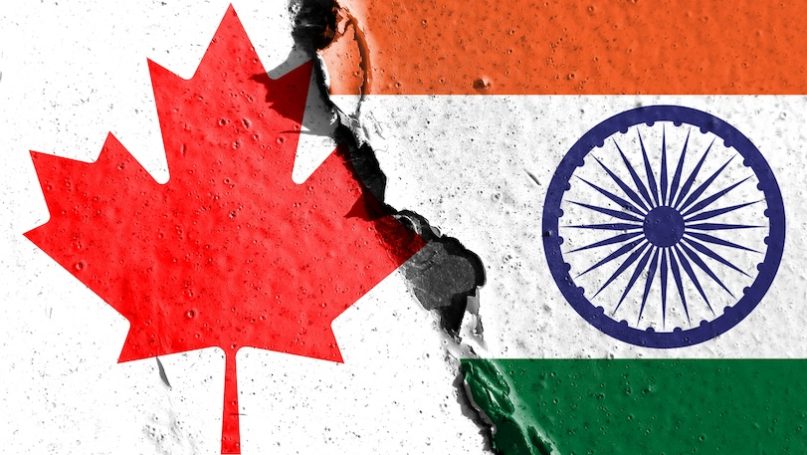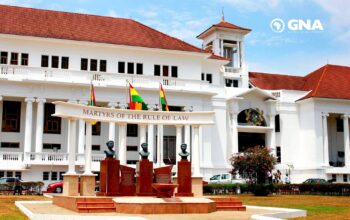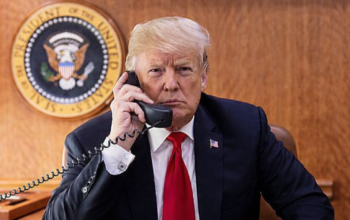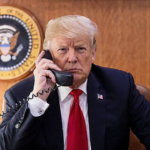The diplomatic crisis between India and Canada has escalated following Canadian allegations that Indian government agents were involved in a murder and extortion campaign on Canadian soil. In the wake of these serious accusations, both nations expelled their top diplomats, marking a significant low point in their bilateral relations. This deterioration raises concerns about the potential repercussions for their extensive trade and immigration ties, which are worth billions and significantly benefit both countries.

Bilateral trade between India and Canada stands at approximately $8 billion, with Canada hosting around 1.7 million people of Indian descent. The current diplomatic rift, however, introduces a level of uncertainty that could impact economic growth. Experts suggest that while neither nation has yet imposed tariffs or economic retaliation, the prospect of such actions looms as tensions escalate. Arif Lalani, a former Canadian diplomat, emphasized that the greatest challenge for businesses and citizens alike will be navigating this uncertainty.Negotiations for a bilateral trade agreement have stalled for over a decade, and Canada halted discussions last year following Trudeau’s public claims about India’s involvement in the murder of Sikh separatist Hardeep Singh Nijjar. India briefly suspended visas for Canadian citizens in response to these allegations, although visa processing resumed shortly thereafter. Despite assurances from Canadian trade officials that they do not intend to disrupt commercial relations, the lingering diplomatic strain may deter businesses from pursuing new opportunities.

The situation also raises concerns about immigration between the two countries. India has been the largest source of international students in Canada since 2018, and approximately 4% of Canada’s population is of Indian origin. Karan Thukral, a lawyer in Delhi, noted that many prospective immigrants are now apprehensive about how the diplomatic tensions might affect their plans. While immigration processing continues, delays are expected due to reduced diplomatic staff in both countries.
The potential for India to reinstate visa restrictions on Canadian nationals looms large, which could have cascading effects on trade, tourism, and investment. Jeff Nankivell, president of the Asia Pacific Foundation of Canada, pointed out that any such restrictions would disproportionately affect Canada’s large Indian diaspora. As Canadian authorities investigate the murder of Nijjar, Nankivell predicts the situation will remain volatile, with ongoing legal proceedings likely to escalate tensions further.
Prime Minister Justin Trudeau reiterated his accusations against India while emphasizing the need to maintain economic and social ties. He expressed a desire to avoid conflict with a significant trading partner that shares democratic values and deep people-to-people connections. In response, India criticized Trudeau’s approach as “cavalier,” asserting that Canada has failed to provide concrete evidence for its claims. As both nations navigate this complex situation, all options, including potential sanctions, remain on the table, signaling that the fallout from this diplomatic crisis is far from over.









